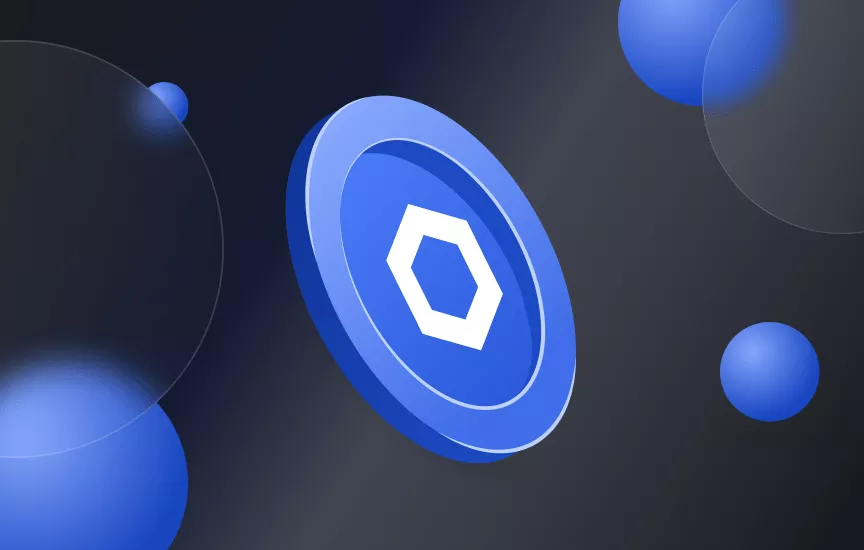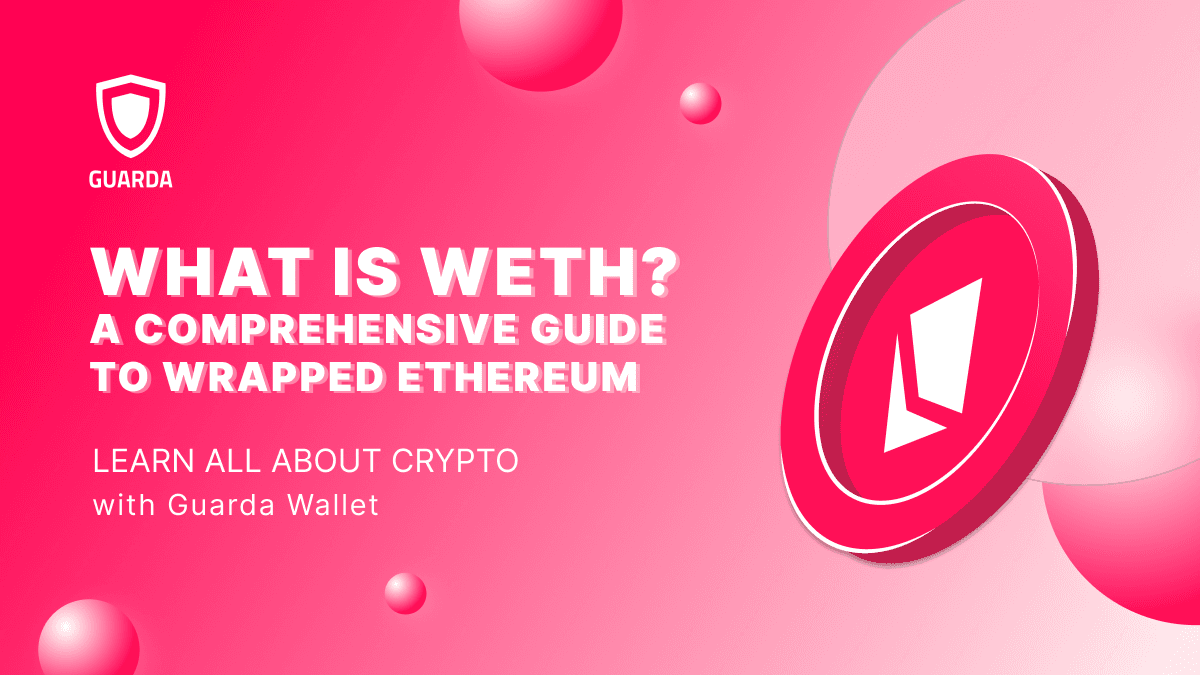What Is Chainlink?
Chainlink is a decentralized network of oracles. They are data sources that link smart contracts to the real world by cross-referencing information from the digital world. Because of this, oracles guarantee the validity of contracts.
They are also converted into blockchain, where transactions are recorded. Decentralization helps prevent conflicts in the transfer of data between different systems: Nodes can collect information independently and transfer it to smart contracts.
In addition, the network can prevent disruptions and manipulation of information flowing through databases. This is because it works with the different hardware and software responsible for providing and processing communications with the real world.
What Is LINK Coin?
LINK is an ERC-677 token used within the Chainlink platform to reward network operators and enforce smart contract agreements.
How Did Chainlink Come About?
Chainlink technology was invented in 2017 by the efforts of Sergey Nazarov and Steve Ellis. The goal of the platform is to simplify the connection between smart contracts and the real world. In addition, it is about self-executing digital contracts with technologically guaranteed compliance security.
As a financial market software developer, Sergey distinguished himself by founding SmartContract.com in 2014. His goal was to provide real data for smart contracts. The project expanded further until it reached a more sophisticated network.
From SmartContract.com grew, Chainlink Labs, which by its description, combines principled academic research and a focus on industry and user needs.
How Does Chainlink Technology Work?
In order to successfully create a branching system with confirmed oracles, the developers intend to encourage users of any information channels, feeds, or APIs to provide data to Chainlink. They will be rewarded with bonuses in the form of LINK tokens. The Chainlink trading floor has two working parts: the on-chain infrastructure (inside the blockchain) and the off-chain infrastructure - where data from the outside world is used in smart contracts.
To achieve stable system performance, these two components must constantly communicate with each other. Therefore, blockchain is subject to oracle verification with respect to each smart contract request. As for the off-chain, it should be noted that it includes many different nodes (users) connected to the Ethereum system, which receive information from entirely different external sources that are independent of each other.
The Main Differences Between Bitcoin and Chainlink
Chainlink and Bitcoin are markedly different. Although Chainlink uses blockchain technology such as bitcoin, it applies it to execute transactions known as smart contracts, which are contracts that are fully automatically made directly between people on the Internet.
As for bitcoin, it was created as a digital alternative to money. Bitcoin transactions, carried out and controlled by a global network of computers, are recorded in a publicly accessible and permanent list stored in a technology specifically invented for bitcoin, called blockchain.
As is already well known, Bitcoin focuses all of its processes on its blockchain. As miners verify transactions within blocks, they introduce new bitcoin units to the market. They are rewarded for their work verifying transactions in bitcoins. This work process is known as the Proof of Work consensus protocol.
Chainlink operates on the principle of the Proof of Stake protocol. Under the Proof of Stake protocol, participants in the network must buy their participation by purchasing LINK tokens. The most important thing for users in this scheme is how many coins they own and how long they have owned them.
How to Mine Chainlink?
The Chainlink cryptocurrency concept is not designed for the mining process. Instead, chainLink is a dispersed oracle service whose main purpose is to link smart contracts with information coming from the environment. Since blockchain cannot freely access data outside of its structure, the oracle acts as a conduit for information in the smart contract. The ChaneLink network uses tokens called LINK. Tokens are required to collect streams of information outside the network. In the process, all tokens are converted into a readable blockchain format and a computational off-network system, which in turn provides a reliable, secure workflow.
What Is the Future of Chainlink?
The further rapid growth of Chainlink is expected. Due to its high characteristics, it has been implemented in important projects and companies of international scale, like: Google, SWIFT, BSN, and Oracle.
On the other hand, the process of development of virtual currencies and blockchain is always active and constantly evolving, due to which the market capitalization rating changes rapidly every day. Despite this, Chainlink (Link) has gained a strong position in the market through a special implementation called “Distributed Oracle.”
How to Get LINK Tokens?
Chainlink operates using the ERC-677 token standard, which is the successor to the ERC-20 token standard and allows tokens carrying a data payload to be transmitted. It is also used to pay data providers who enter and transmit data into the blockchain, which is compensated at the expense of the data buyer. The cost of their services is set by the data providers or oracles when bidding.
In addition to receiving LINK tokens as remuneration, LINK can also be purchased on Guarda (web, desktop and mobile).
Where to Store Chainlink?
The Chainlink (LINK) is an ERC-677 type token, indicating that LINK can be stored in any cryptocurrency wallet compatible with ETH and ERC-677 tokens. LINK holders can choose from a rich list of cryptocurrency wallets on the market, mobile, online, hardware, and desktop wallets.
Guarda offers the best solution for storing, buying, and selling LINK tokens. Storing your LINK tokens with the Guarda wallet provides a secure, high-level solution with convenient functionality.
Conclusion
Chainlink’s mission is to drive innovation and adoption of smart contracts by helping developers build feature-rich, decentralized applications and providing global enterprises with a universal gateway to all blockchains.
Chainlink helps overcome the vulnerability of smart contracts when interacting with the traditional sector. By doing so, financial, education, and trade organizations will improve their operations, thereby increasing security and freeing themselves from outside interference.



